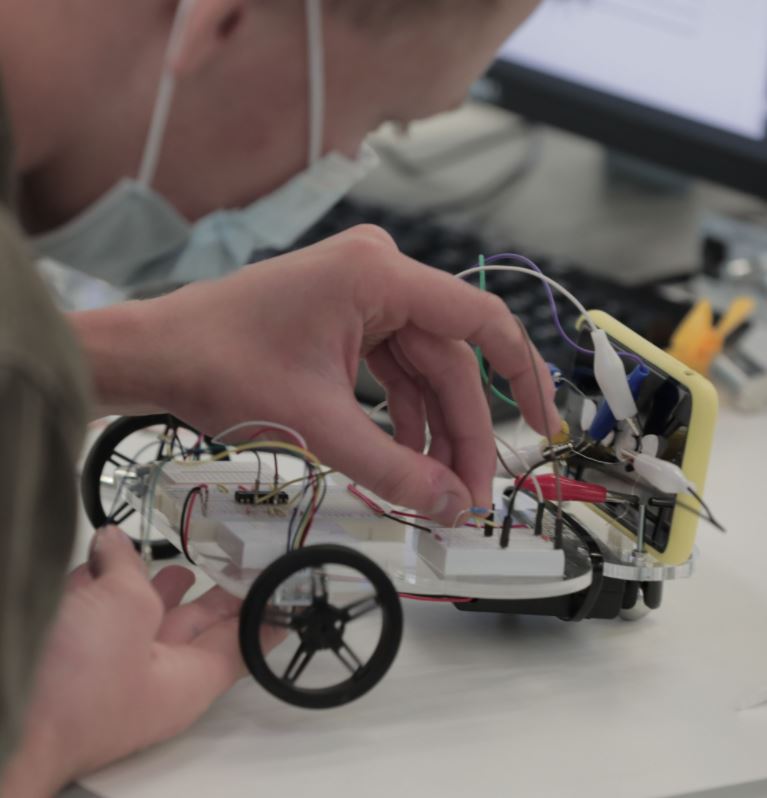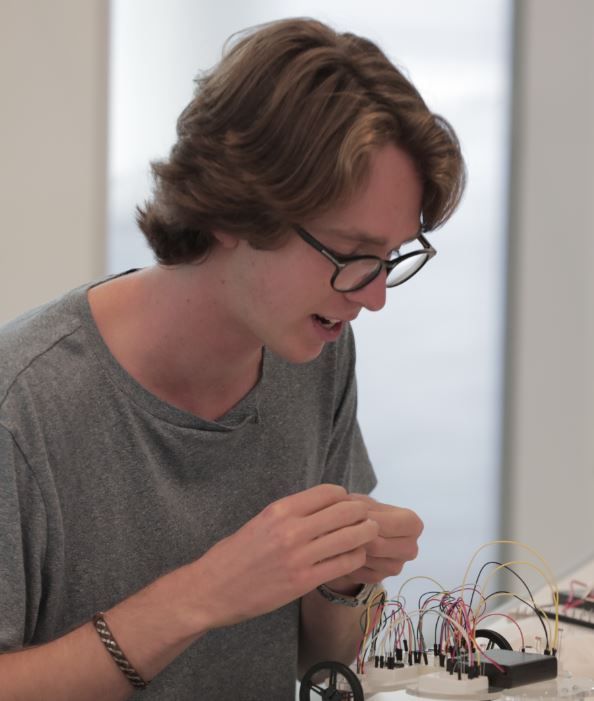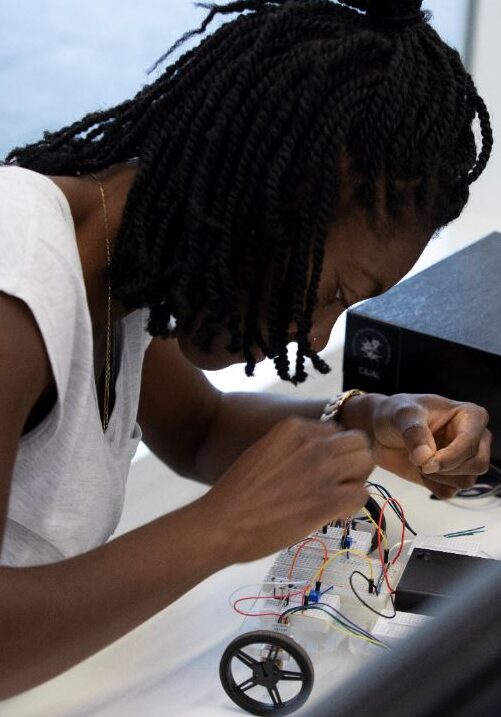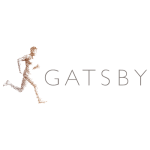Interested in the Last Black Box course? The course was reshaped into a new NeuroKit called Experimental Neuroscience Bootcamp. Visit the page to learn more and apply now.
The Last Black Box is a Cajal NeuroKit. NeuroKits are hybrid courses that combine online lectures about fundamentals and advanced neuroscience topics, with hands-on and physical experiments.
Researchers from all over the world can participate thanks to the course material sent by post in a kit box containing all the tools needed to follow the online course.
Course overview
This course provides a foundation for new experimental neuroscientists. It is targeted at Master students, PhD students or researchers entering the field from another discipline. It should be considered a “prerequisite” for more advanced training courses in a specialized topic.
The course introduces the essentials of data acquisition/control, data analysis, and machine learning by guiding the students through the hands-on construction of an increasingly capable robot. In parallel, related concepts in neuroscience are introduced as nature’s solution to the challenges students encounter while designing and building their own intelligent system.

Course Teaser
What will you learn?
You will be building a robot without using any black boxes. The robot’s physical layout mimics the basic anatomy of a (vertebrate) brain, and as you gradually open this course’s 21 “boxes” your robot will evolve into an increasingly sophisticated machine. We thus call this robot the No-Black-Box-Bot or NB3.
The course is divided into three sections (following the anatomy of the brain): hindbrain (reflexes), midbrain (behaviour), and forebrain (intelligence?).
The online material can be found here.
Faculty

Adam Kampff
Course Director
Voight Kampff, London, UK

Elena Dreosti
Co-Director
University College London, UK
Instructors
Spencer Wilson – Sainsbury Wellcome Centre, London, UK
Hande Tunbak – University College London, UK
Virginia Rutten – Sainsbury Wellcome Centre, London, UK
Thomas Ryan – University College London, UK
Course sponsors
Programme
Week 1: Measuring and Moving
Aims:
Students build a basic sensory-motor system (a Braitenberg vehicle) that seeks or avoids light and learn about fundamentals of electronics, sensors/actuators, and amplification.
Schedule:
Day 1: “The White Box” Toolkit, Electrons
Day 2: Magnets + Light, Sensors + Motors
Day 3: Semiconductors
Day 4: Amplifiers
Day 5: Reflexes, NB3 robot demos


Week 2: Computers and Programming
Aims:
Students extend their robot to make decisions based on sensory input and perform basic computations. With the addition of a microcontroller, the students will learn the fundamentals of computers and programming, and the robots will develop more complex behaviours.
Schedule:
Day 1: Decisions, Logic
Day 2: Data, Memory
Day 3: Computers
Day 4: Control
Day 5: Behaviour, NB3 demos
Week 3: Data Analysis and Machine learning
Aims:
Students add a computer and camera to their robot. They then learn how to use neural networks to create an “intelligent” visual system that can identify obstacles, rewards and much more…
Schedule:
Day 1: Hearing + Speech, Vision
Day 2: Learning, Intelligence?
Day 3: NB3 work, NB3 work
Day 4: NB3 work, NB3 work
Day 5: NB3 work, NB3 demos

Registration
Course Fee : 900 €
The registration fee includes the black box kit to build the NB3 robot, the white box containing additional tools, shipment of the boxes, faculty and instructor tutoring for 3 full weeks.
The CAJAL programme offers 2 stipends for the Last Black Box NeuroKit (waived registration fee). Please apply through the course online application form. In order to identify candidates in real need of a stipend, any grant applicant is encouraged to first request funds from their lab, institution or government.
To receive more information about this NeuroKit, email info@cajal-training.org
They took the Last Black Box NeuroKit
“This course opened a lot of black boxes for me. Everything was new and challenging, and I learned so much! It’s super rewarding to see how our robot evolves during these three weeks and how it turns out by the end of the course.”
Marta Maciel (Cellular and Molecular Biology, University of Coimbra)
“Everything about STEM that I missed from an undergrad degree in maths”
Kevin Huang (BA in Mathematics and MMath, University of Cambridge, US)
“The Bootcamp is an incredible way to put technology together, from the fundamentals of physics to modern computers. Not only by explaining it to the students, but also making the students discover and build each component by themselves.”
Rodrigo Carrasco Davis (Electrical engineering, Universidad de Chile, Chile)
“A completely novel approach to education where to understand is not to recite or regurgitate but instead to build, test, and develop a physical manifestation of all that you learn in this wonderful course.”
Christopher Hall (Cell & Molecular Biology, UC Berkeley, US)
“This course distilled a lot of the practical skills I learned from my 5-year electrical engineering education into an intense but exciting 3-week, hands-on adventure. I think this course should be mandatory for neuroscientists, but also available to anyone! Young children, high school students, professionals who rely on computers for their livelihood without understanding what makes them work, and many others can benefit greatly from a version of this course.”
Ali Haydaroglu (Engineering Science with a major in Electrical and Computer Engineering, University of Toronto, Canada)








